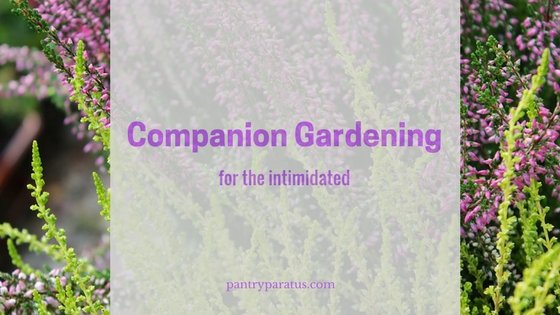
When I was a kid, I loved gardens. When we had one at our house, I loved weeding because it meant eventually I’d get to snack on yummy radishes. When teachers and grandparents wanted young labor to help in the gardens, I was always willing.
After college when I finally had a place that was really my own, I talked a lot about beginning a garden. But every time I started planning, I got overwhelmed. I was afraid that I wouldn’t be able to keep bugs away without using chemicals and pesticides, and I didn’t feel okay doing that.
It also felt like if I made the wrong decisions about what to plant, when to plant it, and what I planted next to each other, I would completely fail.
Of course, that’s not how gardening works. While a lot of plants to have specific needs for optimum growth, many will manage to grow no matter what nature (or your black thumb) throws at them. This year I bought a handful of herbs, pepper plants, kale, and tomatoes, and started a small row of container planters along my driveway. I realize now that as long as you water with consistency and pay attention to what the plants are telling you, complete failure is unlikely.
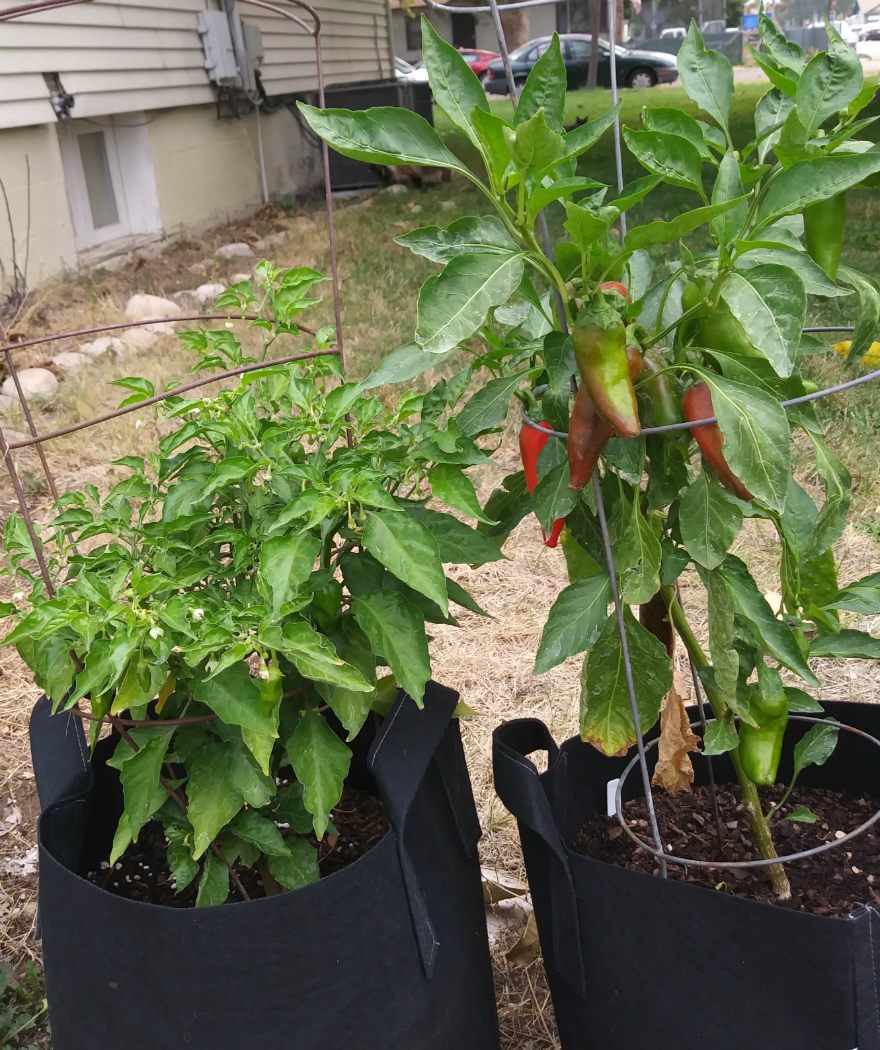
Sure, some harvests are disappointing — I have two habanero plants that are producing absolutely nothing (though they look healthy!), while the sweet red pepper plant next to them is thriving. But overall, you have to be ready to accept the bad with the good.
That being said, I’ve already learned a lot about companion gardening, and am outlining plans for a more fleshed out, actual garden next year. Gardening isn’t a magic process that guarantees success, but there are scientific reasons certain plants do better together.
Below are some uses and tips for companion gardening.
Keeping Pests Away Naturally
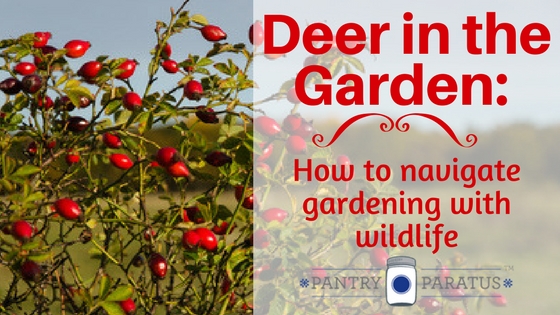
Before there were pesticides, people managed bugs in a variety of ways. One main strategy actually led to the development of some pesticides. This involved planting plants that pests were attracted to next to plants that they avoided. Certain herbs repel pests because of their chemical makeup. This, of course, is an example of companion gardening to keep pests away.
Of course, there are other natural ways to keep pests out of your garden. Altering the PH of your lawn can help, as can natural solutions like vinegar. See more alternatives to lawn and garden pesticides here.
Maximizing Nutrients in the Soil
There are lots of reasons to grow your own food; self-sustainability, controlling the ingredients in your food, and affordability are just some of the top few. When it comes to controlling the contents of vegetables, most people focus on pesticides. But how vegetables are grown has a strong effect on the nutritional content. Blueberries thrive in acidic soil provided by oaks and pines. Some weeds like stinging nettle pull nutrients to the surface, making those nutrients available to nearby plants when the weeds decompose.
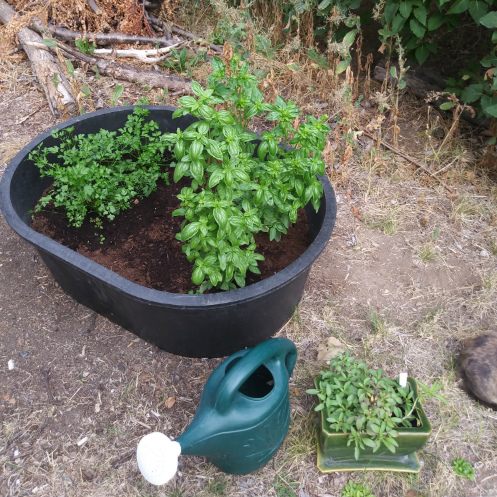
If you have too many plants on the same soil level, they will compete for nutrients. This is why planting
bush beans next to corn is ideal, because their roots are at different levels in the soil, meaning they don’t compete for water and nutrients. You have to be careful with herbs too, since some spread and will take over a whole space. I’ve got basil and parsley in a bin together working great, but when my husband bought me a mint plant, I knew I needed a separate container.
Companion gardening sounds scary and difficult, but it really comes down to paying attention to how your plants are doing and changing their environment to improve it. The Farmer’s Almanac is a great place to start for companion planting recommendations, or you could try the book “Carrots Love Tomatoes” available at Pantry Paratus. Share your gardening experiences in the comments!
 Jeriann Ireland blogs about figuring out how to live healthy, pay off student loans, and have tons of fun while doing it. Read Making Healthy Food Decisions for Your Family” on Pantry Paratus, or you can find her articles on her blog, dairyairhead.com
Jeriann Ireland blogs about figuring out how to live healthy, pay off student loans, and have tons of fun while doing it. Read Making Healthy Food Decisions for Your Family” on Pantry Paratus, or you can find her articles on her blog, dairyairhead.com

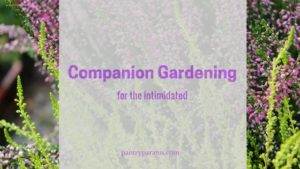
Thanks for sharing such a nice post. Yes, I agree with you that to keep pests away from your garden and maximising nutrients to the soul would be a great idea to keep your garden healthy and beautiful.